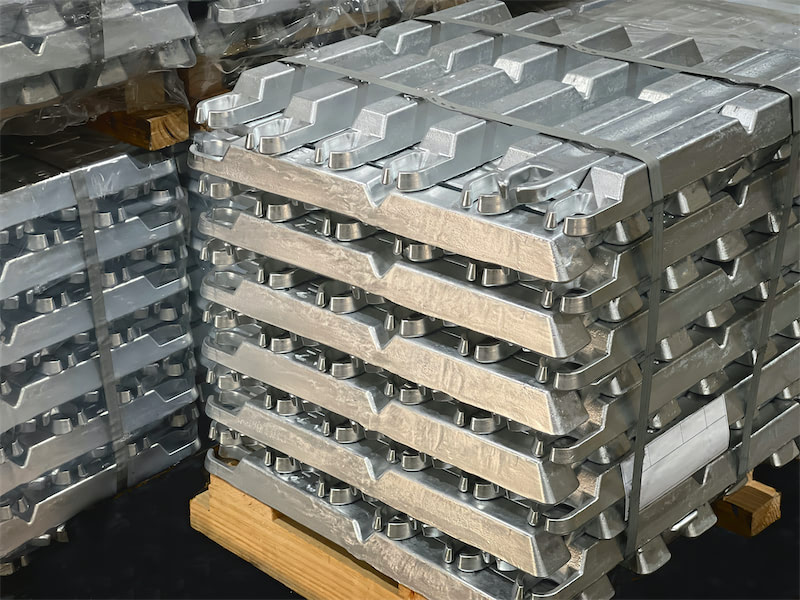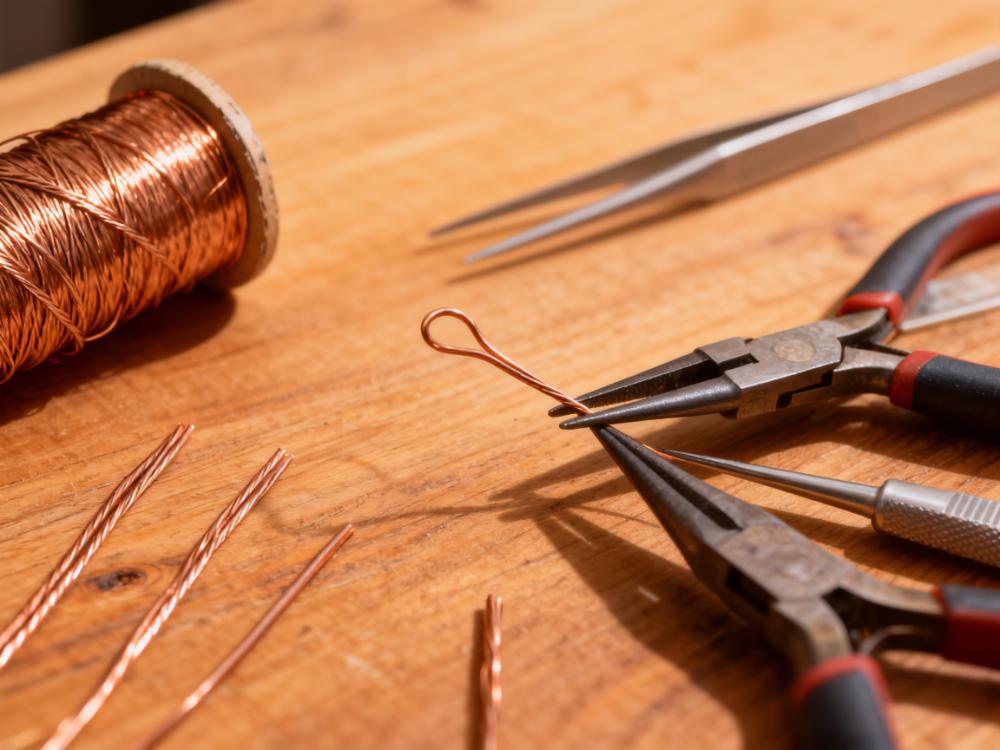May 31, 2017 01:30:15 PM
SEATTLE (Scrap Monster): The Non-Ferrous Metals Division under the Bureau of International Recycling (BIR) has predicted that the world non-ferrous scrap trade is likely to be impacted severely, in the event of China going tough on import trade regulations as part of the 2017 National Sword campaign.
According to Ma Hongchang, BIR consultant in Chinese affairs, the country’s customs agency is likely to strengthen its campaign against material imports from foreign countries with new set of regulations to be announced soon. Speaking at the Non-Ferrous Metals Division meeting at the BIR World Recycling Convention, indications from the Chinese central Committee point to severe measures aimed at drastic reduction of scrap import volumes. Also, more scrap categories such as scrap motors, scrap wire and cable and mixed metal scrap are likely to be added to the list of prohibited items by the end of 2018. Further, Hongchang urged exporters to remain cautious in their trade with Chinese firms and make necessary adjustments in their business models in order to comply with regulations as and when introduced.
Meantime, BIR Non-Ferrous Division Chairman David Chiao noted that BIR is already in consultations with US-based Institute of Scrap Recycling Industries (ISRI) and the China Nonferrous Metals Industry Association Recycling Metal Branch (CMRA) to resolve the issue, which is feared to cause severe impact on worldwide non-ferrous scrap trade. Incidentally, BIR and ISRI had raised their opposition against trade restrictions, calling them as protectionist in nature. There are rumors that the Chinese administration could ban certain grades of mixed metal scrap, but authorities have not yet issued any guideline or timetable, Chiao added. Further, he warned that copper and aluminum scrap imports are likely to pass through tough review.
As per data, China’s domestic copper scrap supply has exceeded imports during recent times. The imports of copper scrap from the US and European region has witnessed sharp decline. The trend is likely to persist with domestic scrap production poised to surge 17% in 2017. However, imports are likely to play a prominent role as the country’s copper scrap requirement is expected to shoot to 4.4 million tonnes by 2020, on account of increased spending on infrastructure projects. The domestic copper scrap supply is expected to fall short to meet the projected demand.
The Chinese Customs authorities had recently announced the ‘National Sword 2017’ campaign, in a bid to introduce fresh regulations to restrict waste imports into the country. The one-year long campaign launched by the country’s Customs Department in co-operation with the Excise Department targets imported scrap materials with special focus on illegal shipment of industrial waste, electronics waste, plastics and other solid waste. The campaign is expected to boost domestic scrap collection quantities, in an attempt to trim down the volume of imported scrap commodities.
![Before the holiday, the black chain is unlikely to see a trend-driven market [SMM Steel Industry Chain Weekly Report].](https://imgqn.smm.cn/usercenter/zUFfM20251217171748.jpg)

![The Most-Traded SHFE Tin Contract Opened Lower and Then Traded Stronger, Spot Market Recovers Amid Downtrend [SMM Tin Midday Review]](https://imgqn.smm.cn/usercenter/WWXJU20251217171753.jpg)
